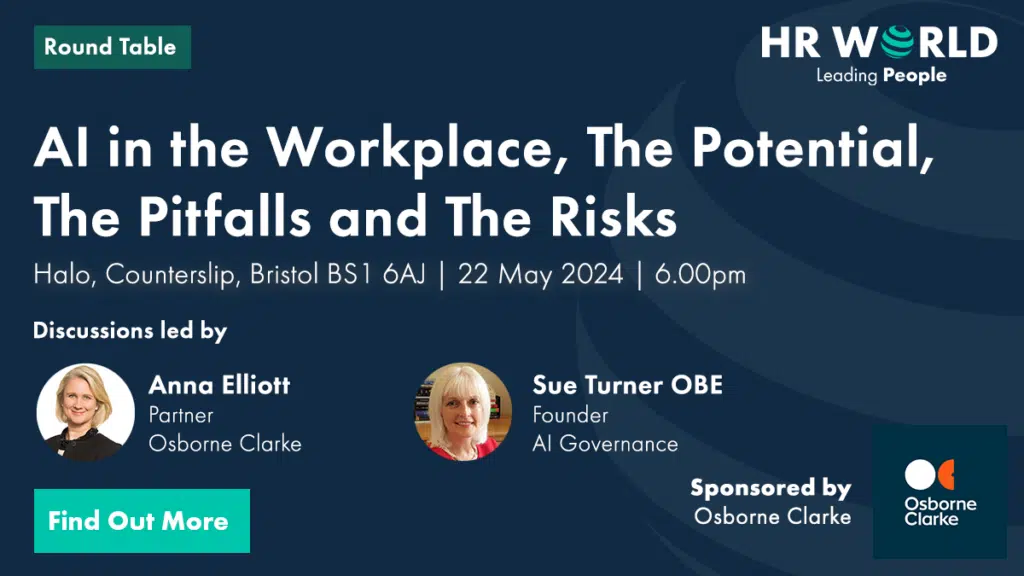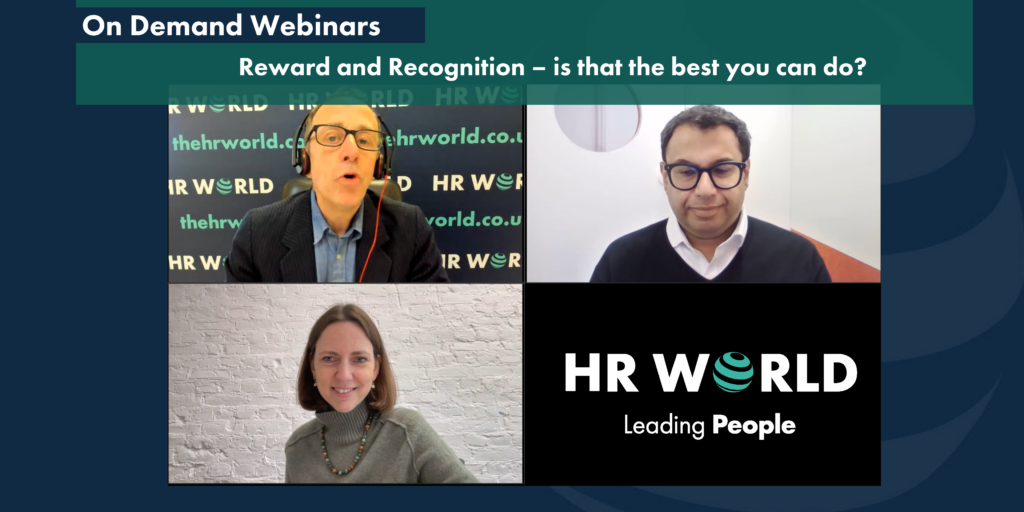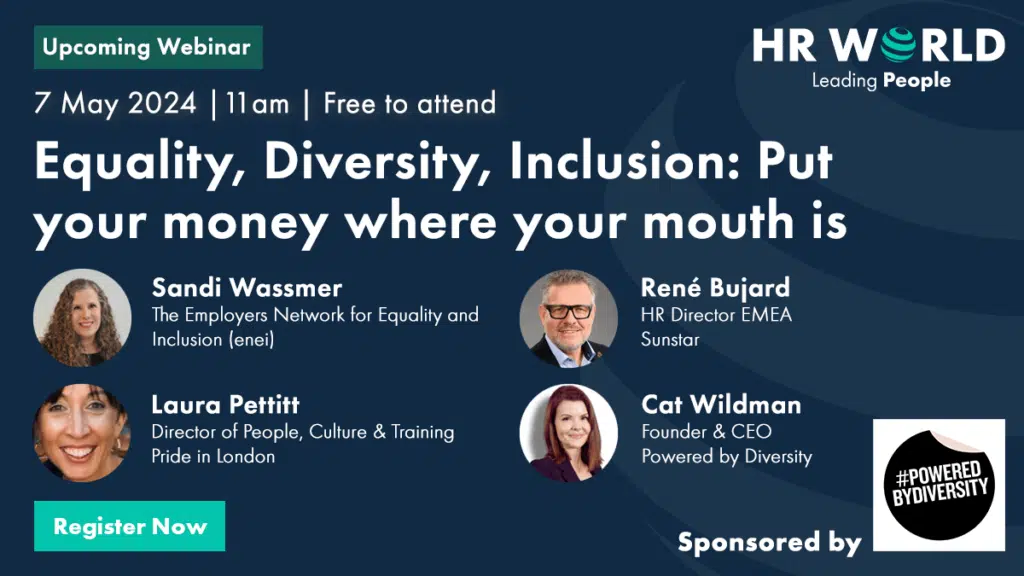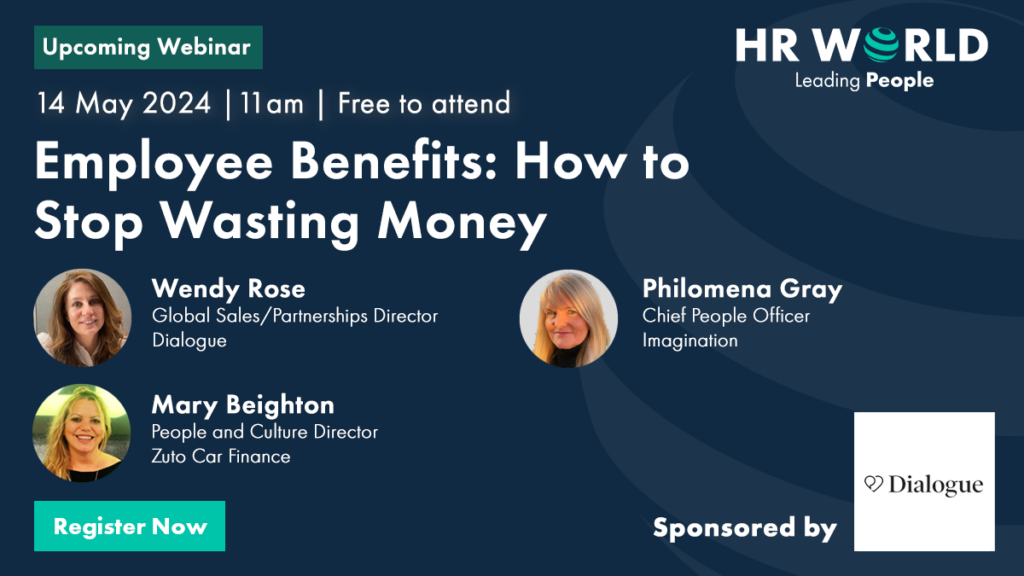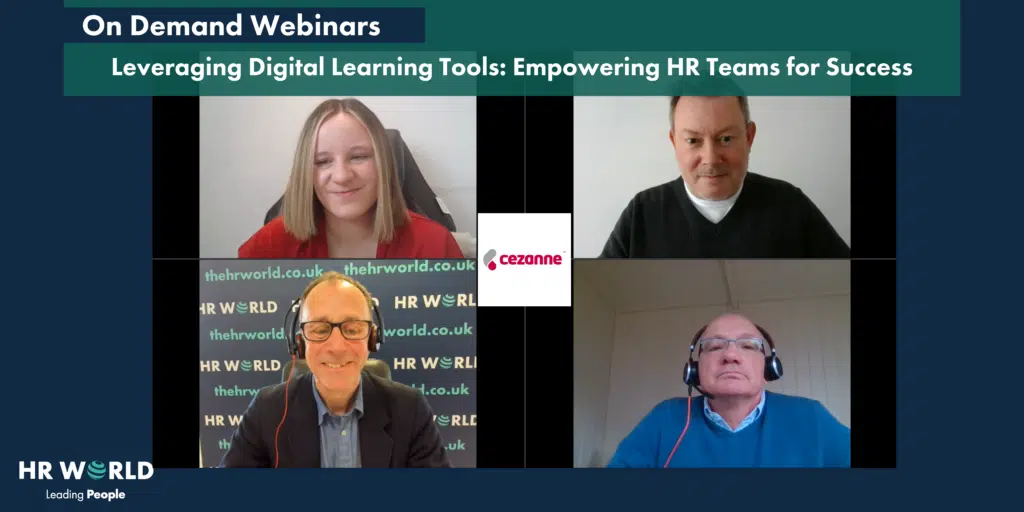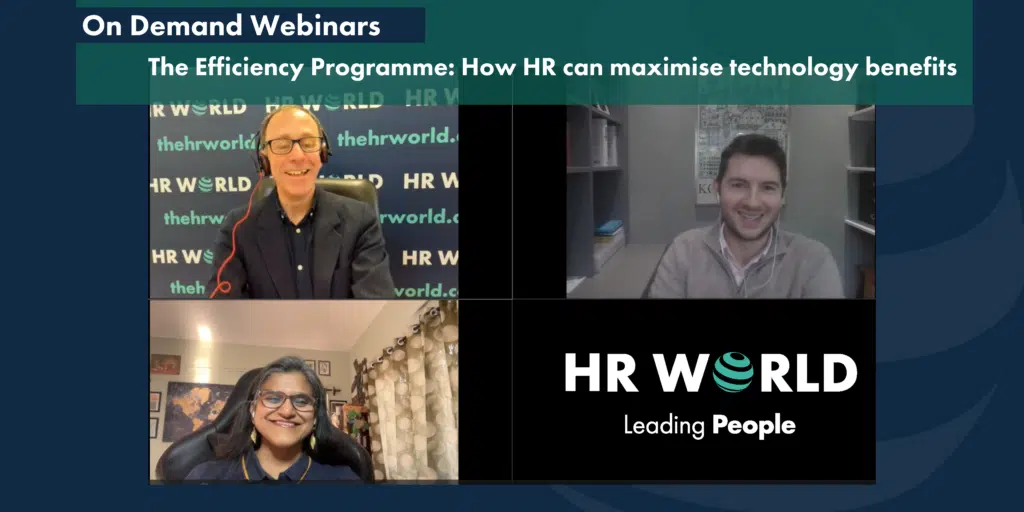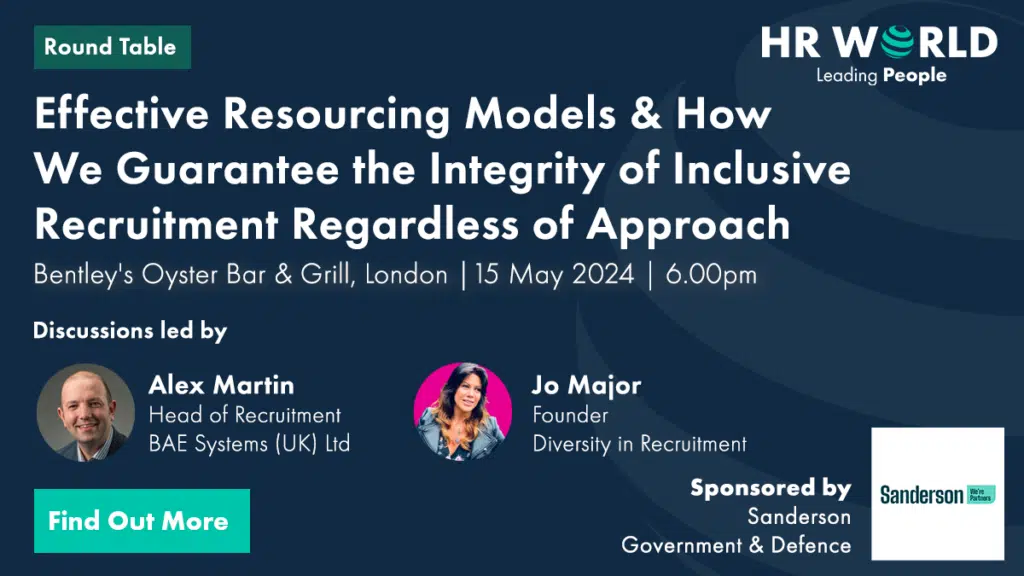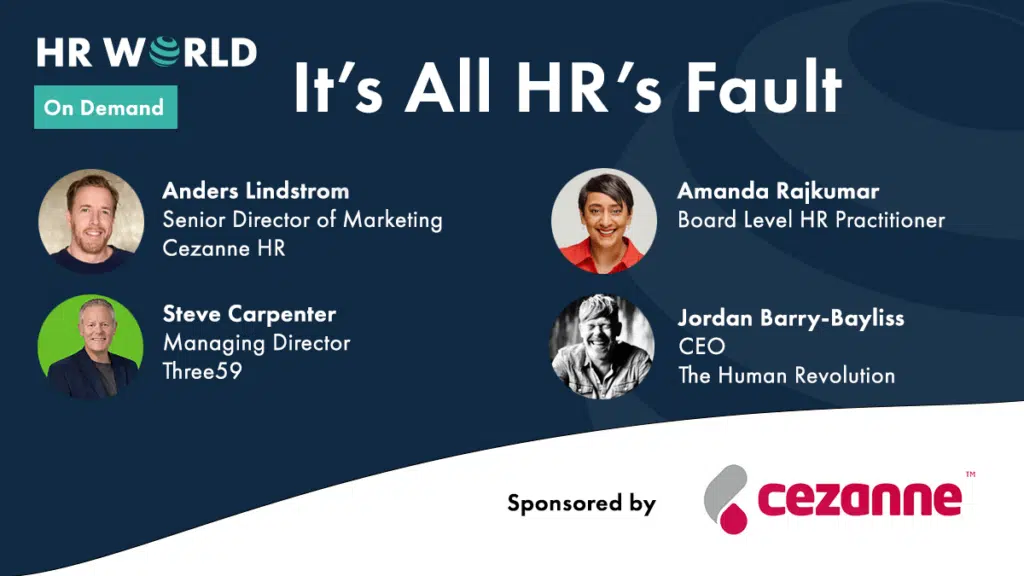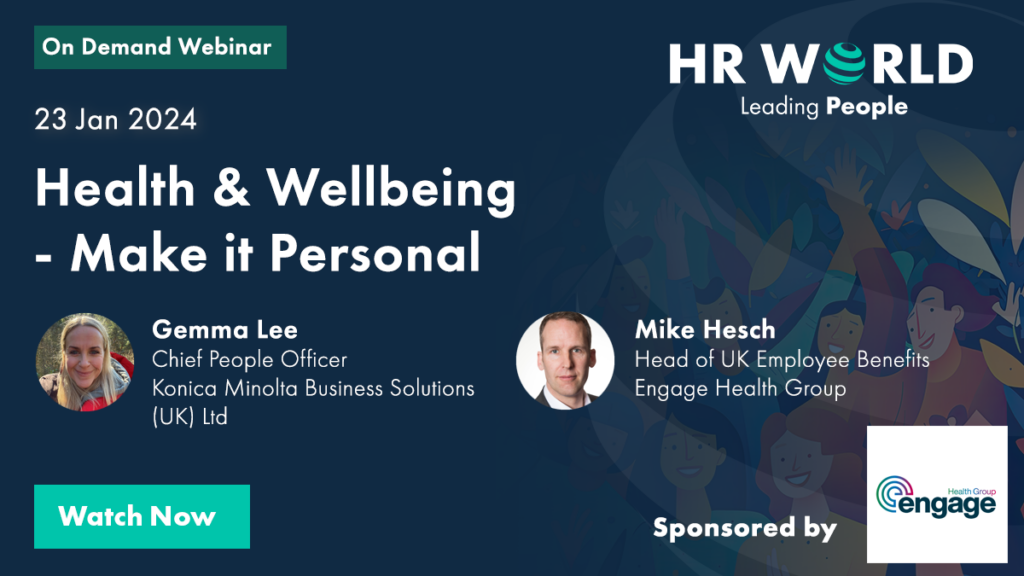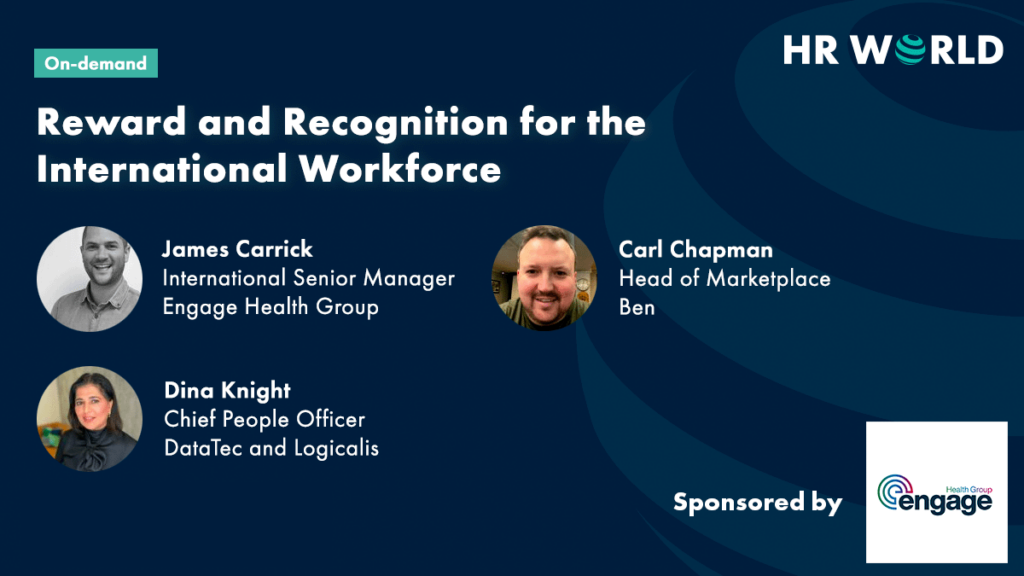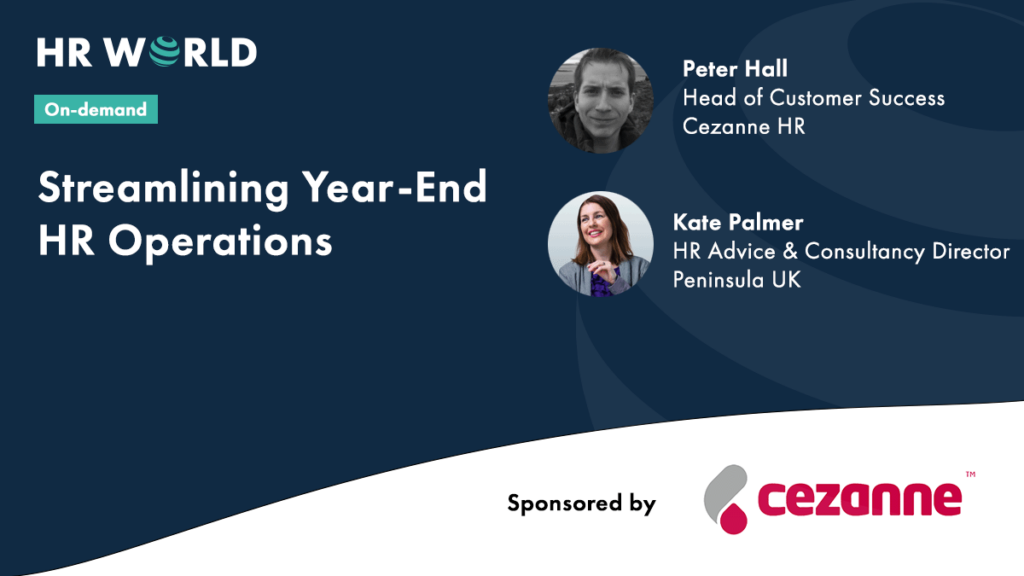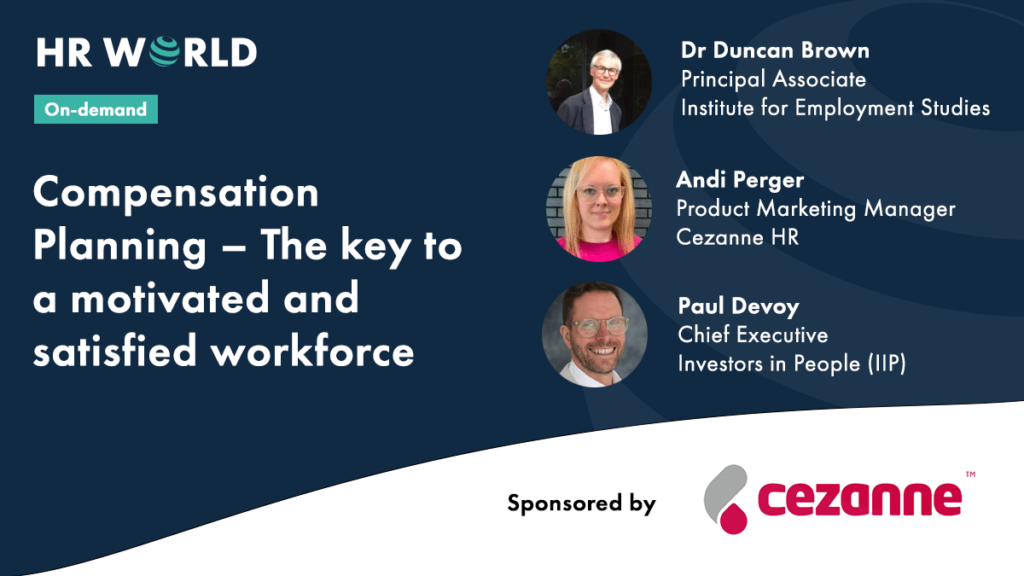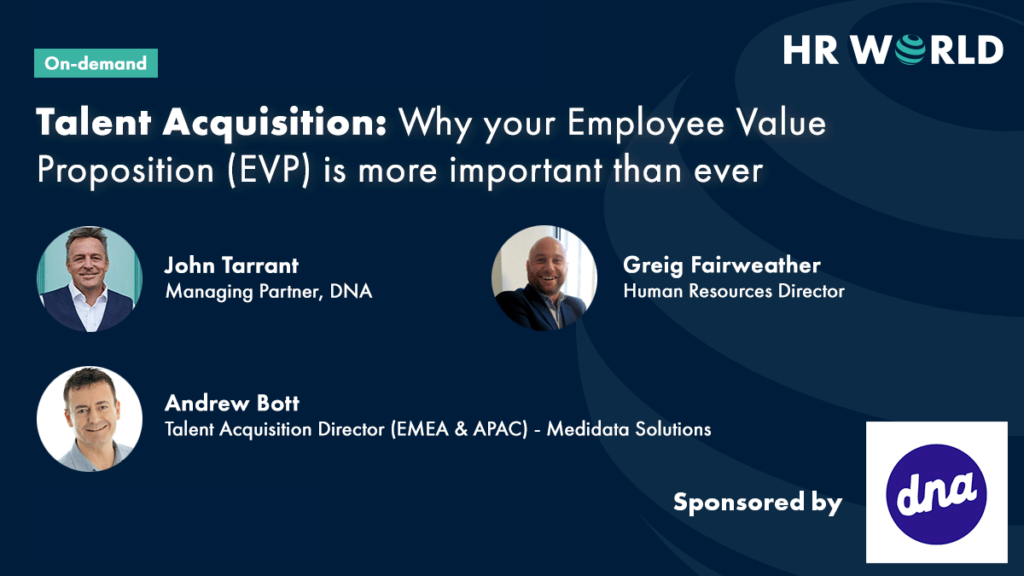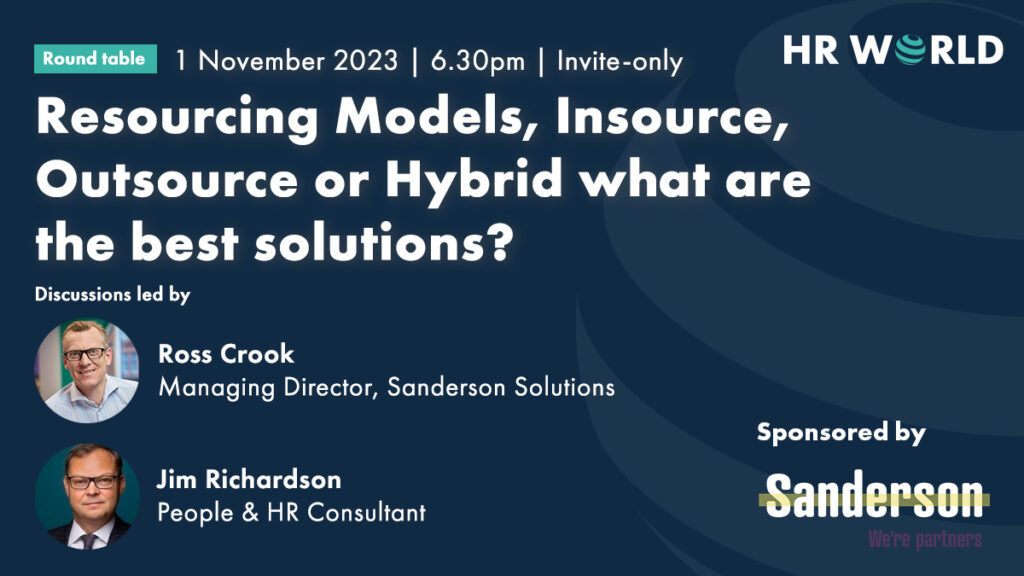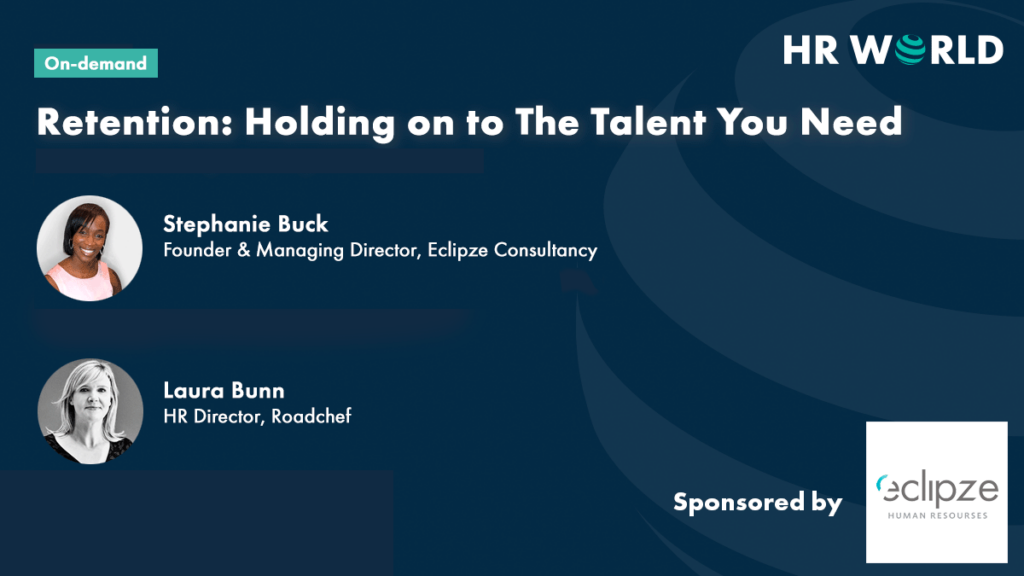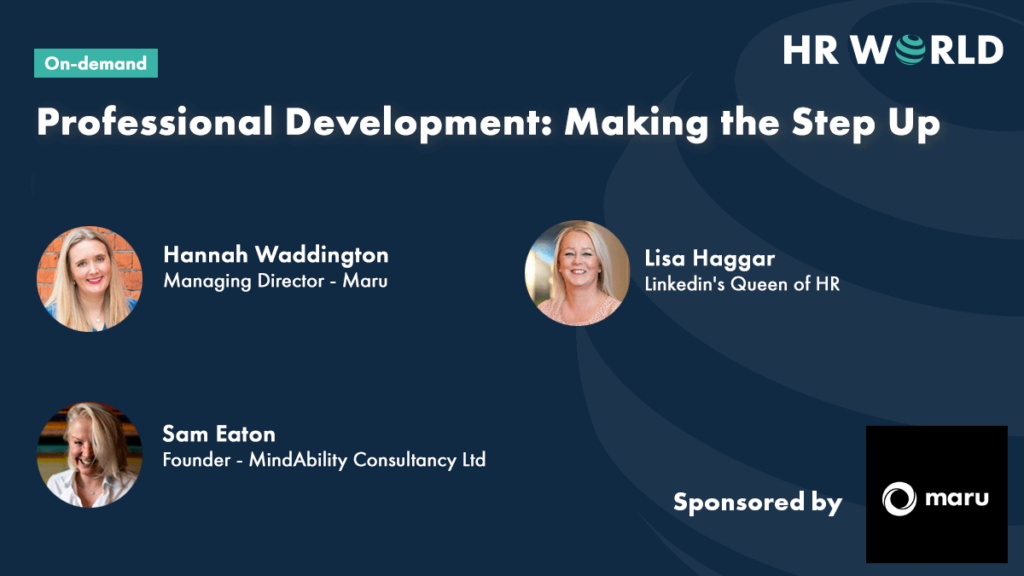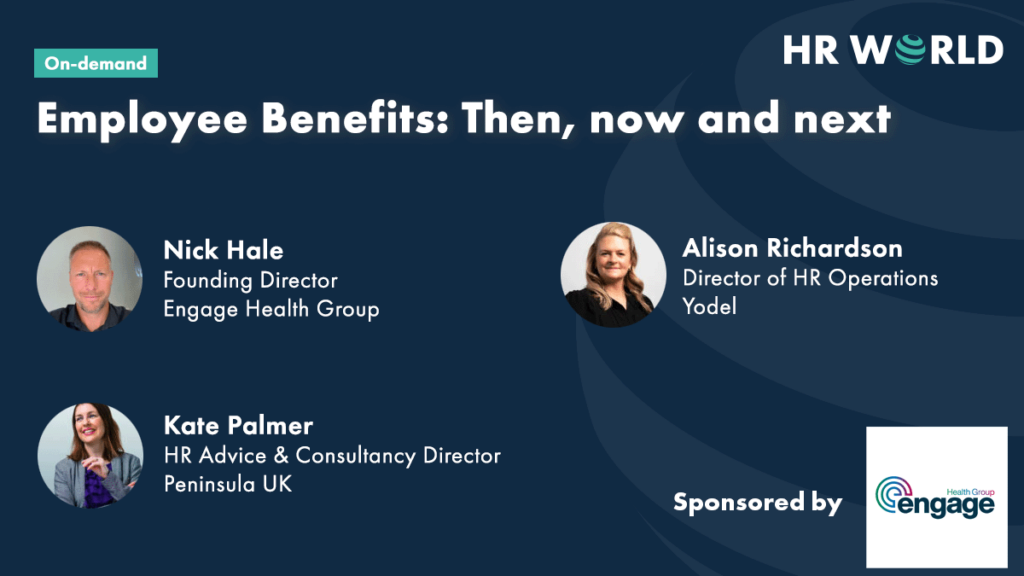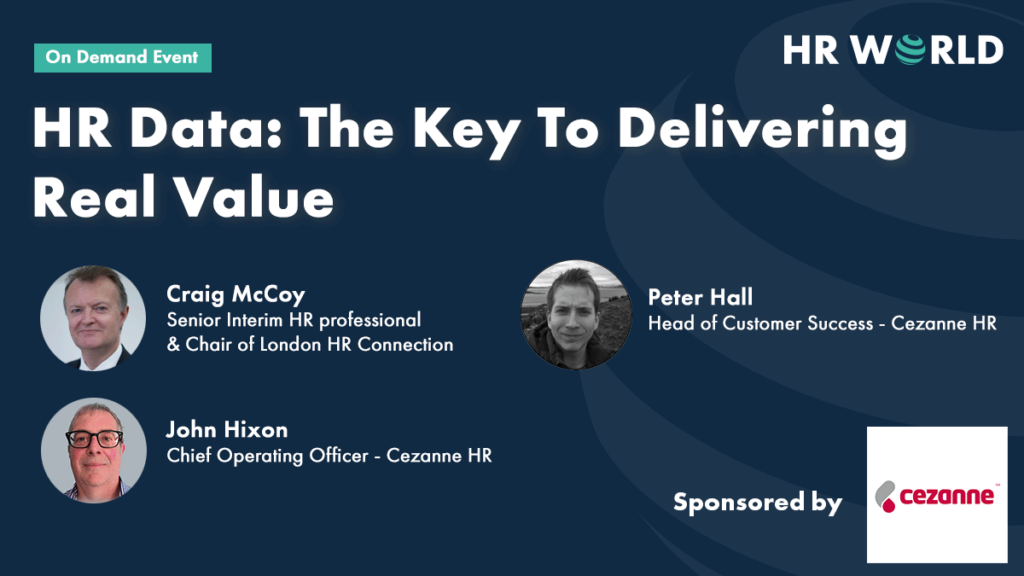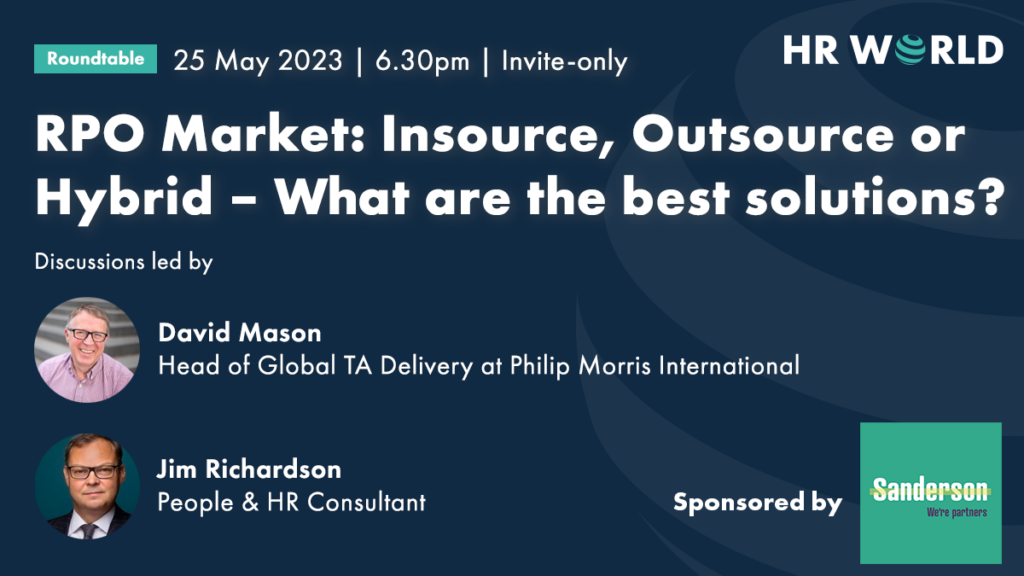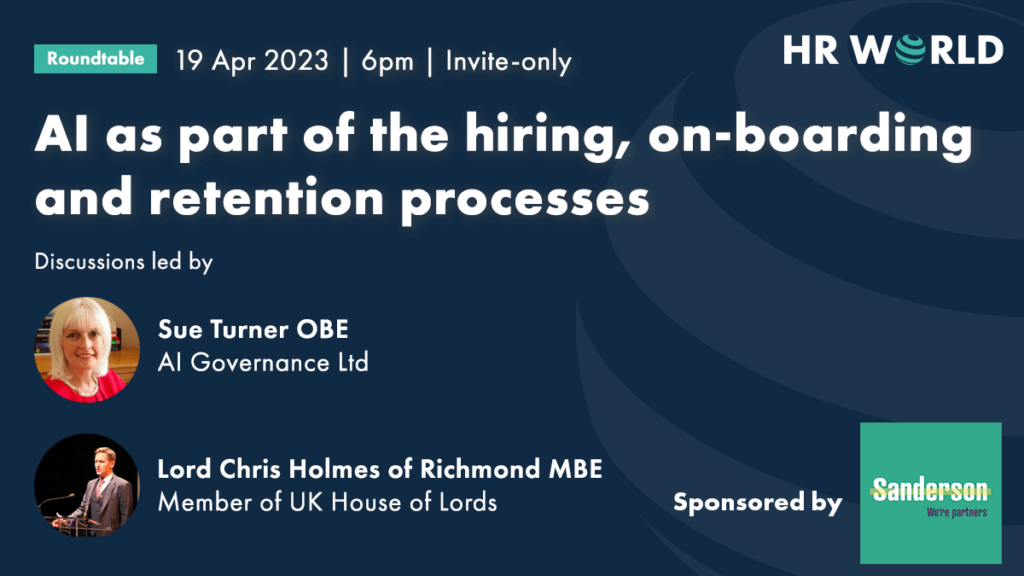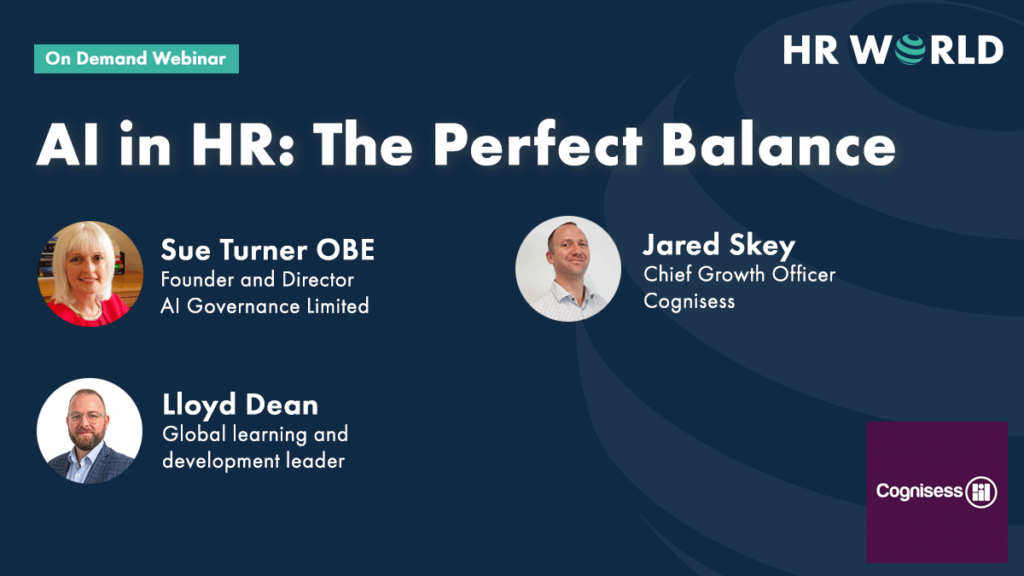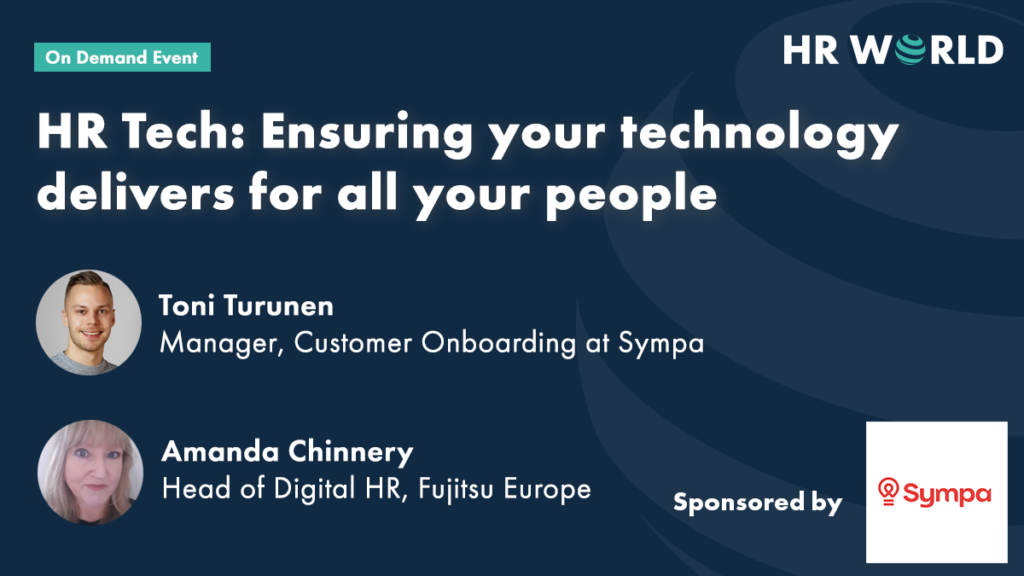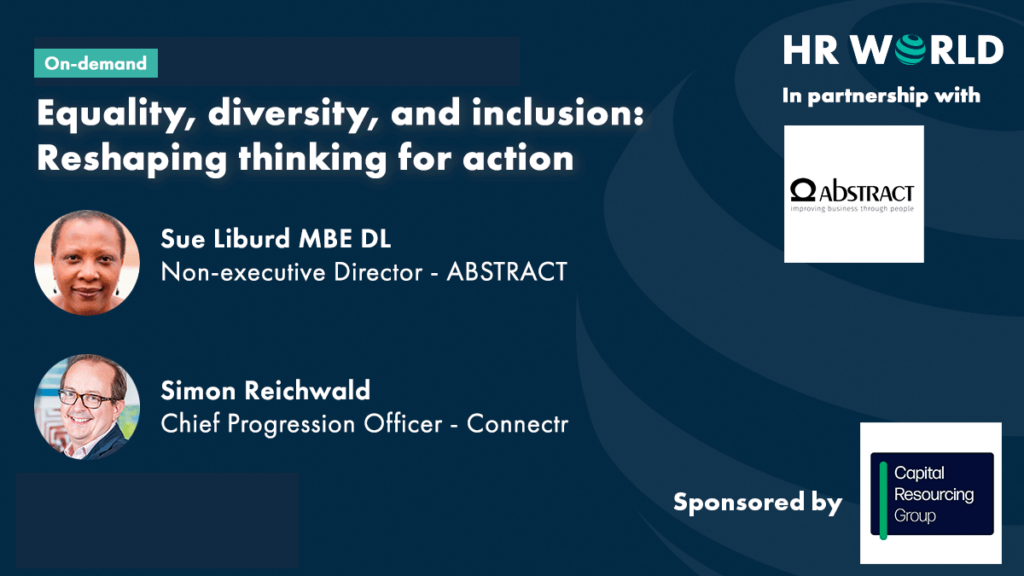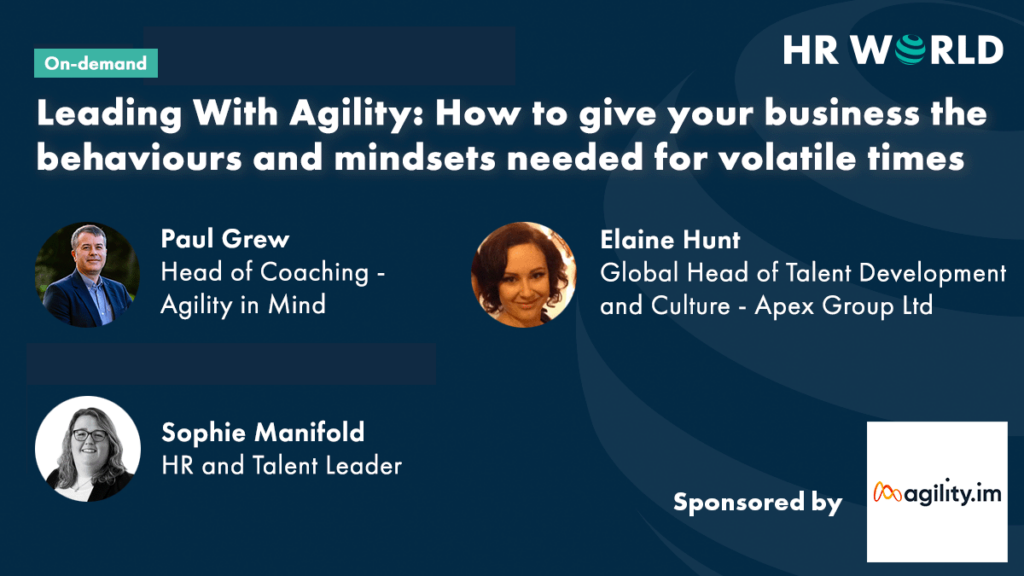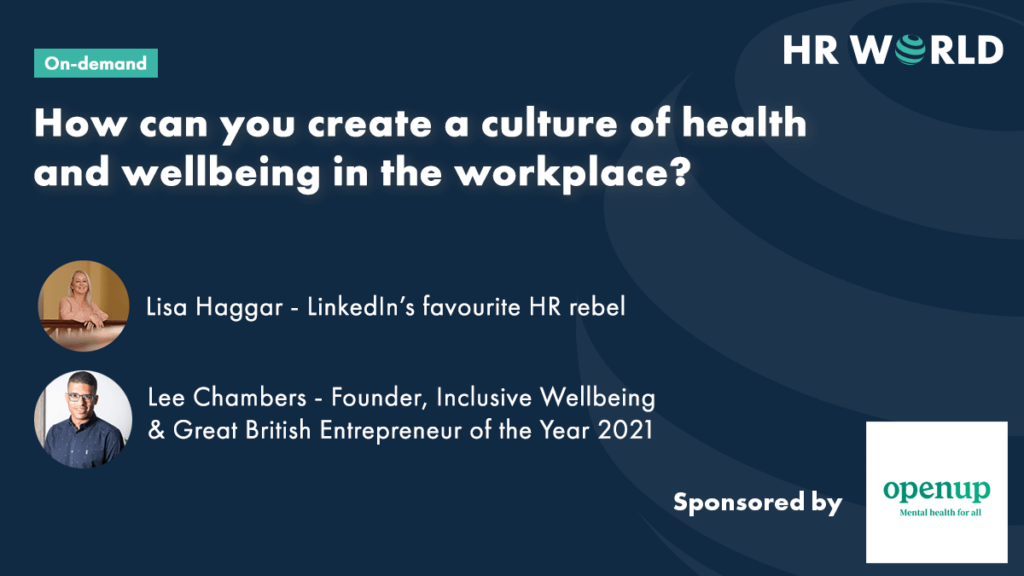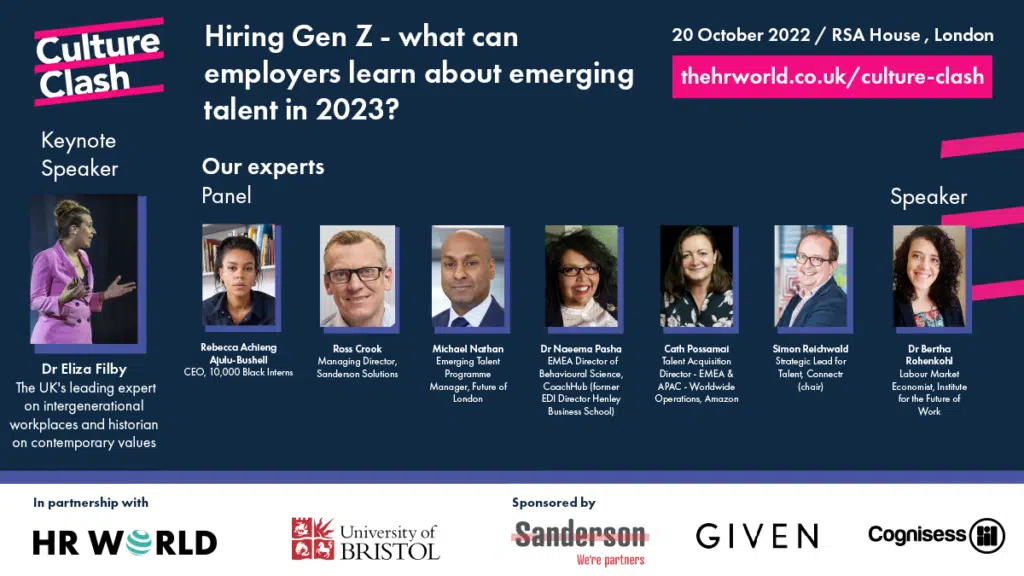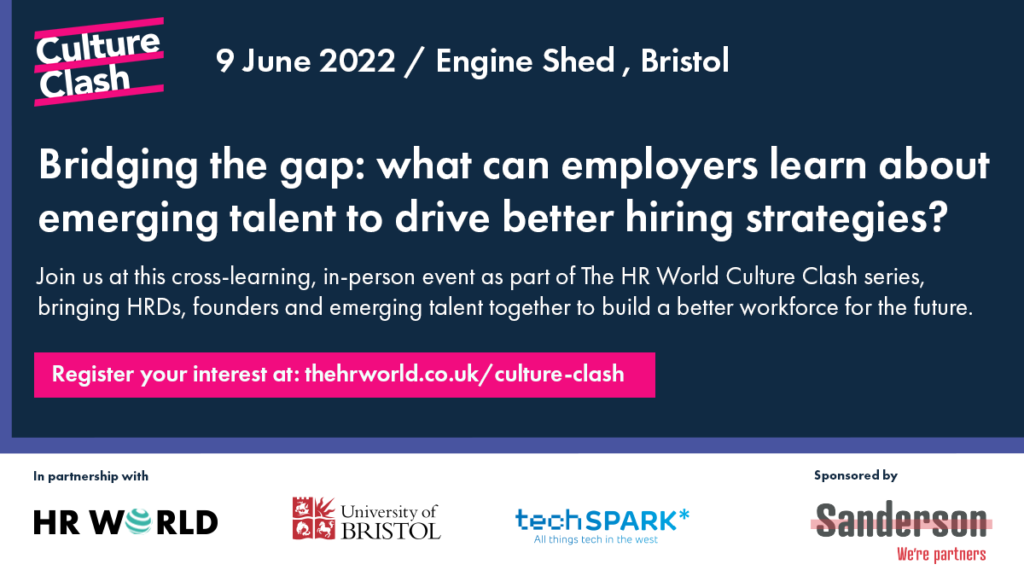“There is no such thing as a standard or run-of-the-mill human being,” – Stephen Hawking
15 March 2018

Story by
Sarah Rice, The HR World
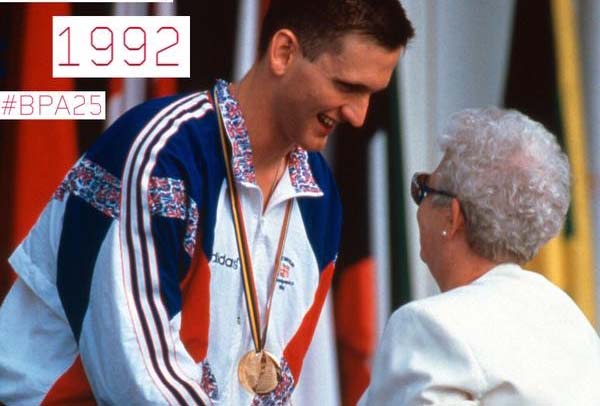
Our HR World Leadership Series kicks off with Lord Holmes of Richmond MBE
Chris is a champion of diversity and digital. He is Britain’s most successful Paralympic swimmer, winning nine gold medals, ex-Director of Paralympic Integration at London 2012 and non-executive director at Channel 4.
When Stephen Hawking spoke at the opening ceremony of the London Paralympic Games in 2012 he said: “We are all different. There is no such thing as a standard or run-of-the-mill human being.”
While the world mourns the death of an incredible human being who taught us all so much about potential and possibility, I’m grateful for the opportunity to share a little bit about my own experiences and why I am so convinced of the value of appreciating difference.
As a boy, I was strong, healthy, a pretty decent swimmer, losing my sight overnight, aged 14, was a terrible shock. But even more shocking was finding out that after I had lost my sight other people stopped seeing who I was.
Since then, I’ve had plenty more occasions to observe varying reactions to disability and difference and whilst many see opportunities others see barriers and blocks.
One approach enables and empowers change by embracing and building on our differences. Another sees only barriers and constructs further barriers by perpetuating bias and division, ultimately closing down opportunity.
You can find both approaches in Britain’s boardrooms.
Sadly, in many businesses across the UK there remains a one-size-fits-all policy. People’s talents and capabilities are reduced to a shopping list of requirements built on ‘this is just how we do it’ but, inevitably, if you judge a fish on its ability to ride a bike it will be found wanting.
I believe we are now at a stage where changing this type of thinking is not just imperative, it’s mission critical. We are overlooking incredible pools of talent and creativity because of barriers that are becoming a danger not just to individual companies but to the country as a whole.
UK Plc is doing well, but we have tough times ahead and unless we look into all of our communities for the talent we so desperately need, we are missing a fantastic opportunity to do things differently and much better.
On diversity and inclusion there are two things I consistently hear at senior business levels and I think both, perhaps surprisingly, are as dangerous as each other:
- We are in incredibly tough financial times. We need to focus on the numbers to grow. How does this diversity help with that?
- We’ve already done it – totally nailed the whole diversity thing, there’s nothing more to do.
Neither of these statements ring true and are problematic in different ways. The first misses the financial imperative, getting diversity and inclusion right means getting better talent, creativity, innovation and generating commercial growth.
In the second, ‘tick box’ thinking could prove to be even more corrosive because, unless inclusion is at the heart of a business strategy any gains will be peripheral and unsustainable.
One example from our work at Channel 4 was when we looked at the numbers of disabled people working off screen, behind the camera. We found that although we were producing fantastic on-screen results, such as the award winning Meet the Superhumans and Yes I Can ads, we were not necessarily maxing out on enabling all the talent, with a disability, both within the channel and those wanting to be part of it.
So, we said: “let’s take the same logic we apply in front of the camera to behind the lens,” and in seven months the number of people who worked there who identified as disabled increased fourfold.
We had similar successes at LOCOG where we put inclusion at the heart of all our planning for the 2012 London Games. In fact, I think the most important decision we made was to have one central organising committee for the Olympic and Paralympic Games – these were joined and equal endeavours.
What stands out from these successes is the belief that diversity makes you stronger, more competitive, better equipped to deal with challenges, more creative in thinking and more relevant to your audiences.
We are fortunate to be in the early stages of the 4th Industrial revolution and technology is giving us so many more opportunities to find solutions and do things differently. If we can harness these resources to enable and empower individuals, the public and private sector, we will be truly unbeatable.
In the House of Lords, Chris sits on the Select Committee for Artificial Intelligence (AI) and is taking a Private Members Bill through Parliament that would amend employment legislation and ensure an end to unpaid internships.
You can follow him on Twitter: @LordCHolmes


